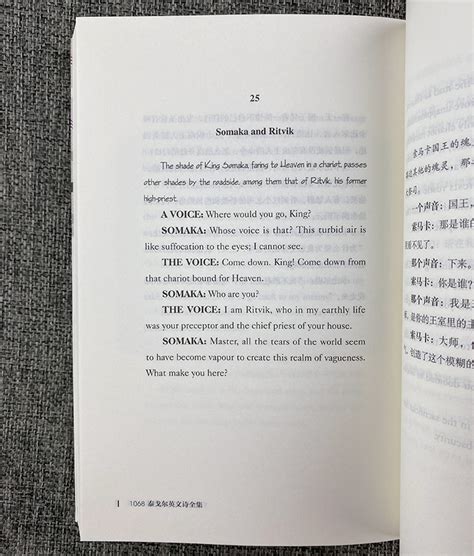Exploring Chinese Elements in English Poetry
English poetry has a rich tradition of incorporating cultural elements from various countries and regions, including China. By infusing Chinese elements into English poetry, poets are able to create a fusion of cultures that results in unique and captivating works of art. Let's delve into some of the ways in which Chinese elements can be explored in English poetry:
One of the most common ways in which Chinese elements are incorporated into English poetry is through imagery and symbolism. Poets often use traditional Chinese symbols such as the dragon, phoenix, lotus flower, and bamboo to evoke a sense of mystique and exoticism in their poems. These symbols carry deep cultural meanings and can add layers of complexity to the overall theme of the poem.
Chinese poetry has a long history of celebrating nature and its beauty. Poets often draw inspiration from the natural world, incorporating themes of mountains, rivers, flowers, and birds into their works. By integrating these themes into English poetry, poets can create a sense of harmony and tranquility that is characteristic of Chinese artistic traditions.

Chinese philosophy, particularly Taoism and Confucianism, offers a wealth of profound concepts that can be explored in English poetry. Ideas such as yin and yang, the interconnectedness of all things, and the pursuit of wisdom and virtue provide rich material for poets seeking to infuse their work with Chinese philosophical insights.
Some poets choose to incorporate Chinese language elements, such as characters or phrases, into their English poetry. This can serve to create a sense of bilingualism and crosscultural dialogue within the poem. Additionally, poets may experiment with traditional Chinese poetic forms, such as the haiku or tanka, adapting them to English language and meter.
Exploring Chinese history and culture in English poetry can offer a deeper understanding of the complexities and nuances of Chinese society. Poets may reference legendary figures, historical events, or traditional customs in their work, providing readers with a glimpse into the rich tapestry of Chinese civilization.
When exploring Chinese elements in English poetry, it is important to approach the subject matter with respect and sensitivity. Here are some guidelines to keep in mind:
- Do your research: Take the time to learn about Chinese culture, history, and artistic traditions to ensure accuracy and authenticity in your poems.
- Avoid stereotypes: Seek to portray Chinese elements in a nuanced and multifaceted way, avoiding clichés or reductive portrayals.
- Experiment with form and style: Feel free to explore different poetic forms, languages, and structures to find unique ways of blending Chinese and English poetic traditions.
- Seek feedback: Share your work with others, especially those familiar with both Chinese and English poetry, to gain insights and suggestions for improvement.
By incorporating Chinese elements into English poetry, poets have the opportunity to create crosscultural bridges and expand the boundaries of artistic expression. Through thoughtful exploration and creative experimentation, poets can produce works that resonate with readers on a global scale.








